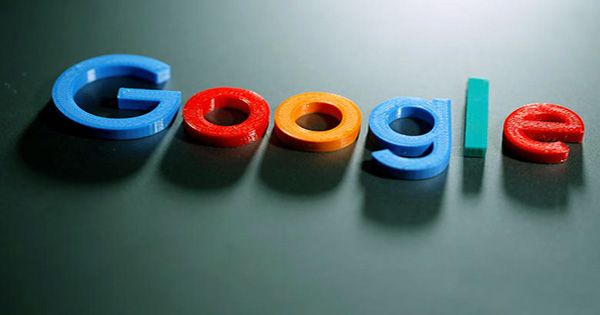The US International Trade Commission upheld Sonos’ accusations that Google infringed on its speaker and cast patents. It made its initial judgement in August, and today finalizes it, prohibiting Google from importing devices that have proven to infringe on Sonos’ intellectual property. Because Google produces its products in China, it will be unable to send them to the United States after the import restriction takes effect in 60 days. In 2020, Sonos sued Google over five patents, one of which describes a method that allows wireless speakers to synchronize with one another.
Google’s Home smart speakers, Pixel phones and PCs, and Chromecast gadgets all influenced, according to The New York Times. Despite the fact that Google is facing an import ban, a spokesperson for the company stated that the verdict would not affect its capacity to import and sell smartphones.

“While we disagree with today’s judgment, we welcome the International Trade Commission’s approval of our amended designs,” a spokesperson for the company told Protocol. “We will seek more review and continue to defend ourselves against Sonos’ baseless assertions concerning our collaboration and intellectual property,” said the company. In its final ruling, the commission did not object to those alternate designs, indicating that Google is free to use them.
In reality, the Nest team recently revealed certain changes to speaker groups, citing “new legal rulings” as the reason. The most significant change is that users will no longer be able to alter the volume of all speakers in a group at the same time in the future. Instead, they would have to adjust each speaker separately. “Google will be able to degrade or eliminate product features in a way that circumvents the importation ban that the ITC has imposed,” Sonos Chief Legal Officer Eddie Lazarus stated in a statement. He did, however, say that Google’s devices will continue to “infringe many dozens of Sonos patents” until it pays Sonos fees for its innovations.
His entire statement is as follows: “We appreciate the ITC’s decisive validation of the five Sonos patents at issue in this dispute, and its unambiguous ruling that Google infringes on all five.” This is an unusually broad victory in a patent lawsuit, demonstrating the strength of Sonos’ patent portfolio and the hollowness of Google’s protestations of copying.
These Sonos patents cover the company’s groundbreaking inventions, such as the setup for controlling home audio systems, the synchronization of numerous speakers, independent volume control of separate speakers, and stereo matching of speakers. It is possible that Google will be able to downgrade or eliminate product features in order to get around the ITC’s importation restriction. While Google may be willing to sacrifice consumer pleasure in order to get around the importation prohibition, its goods will continue to infringe on dozens of Sonos patents, its wrongdoing will continue, and the damages owing to Sonos will continue to mount. Alternatively, Google may pay a fair fee for the inventions it has plundered, as other corporations have done.”














